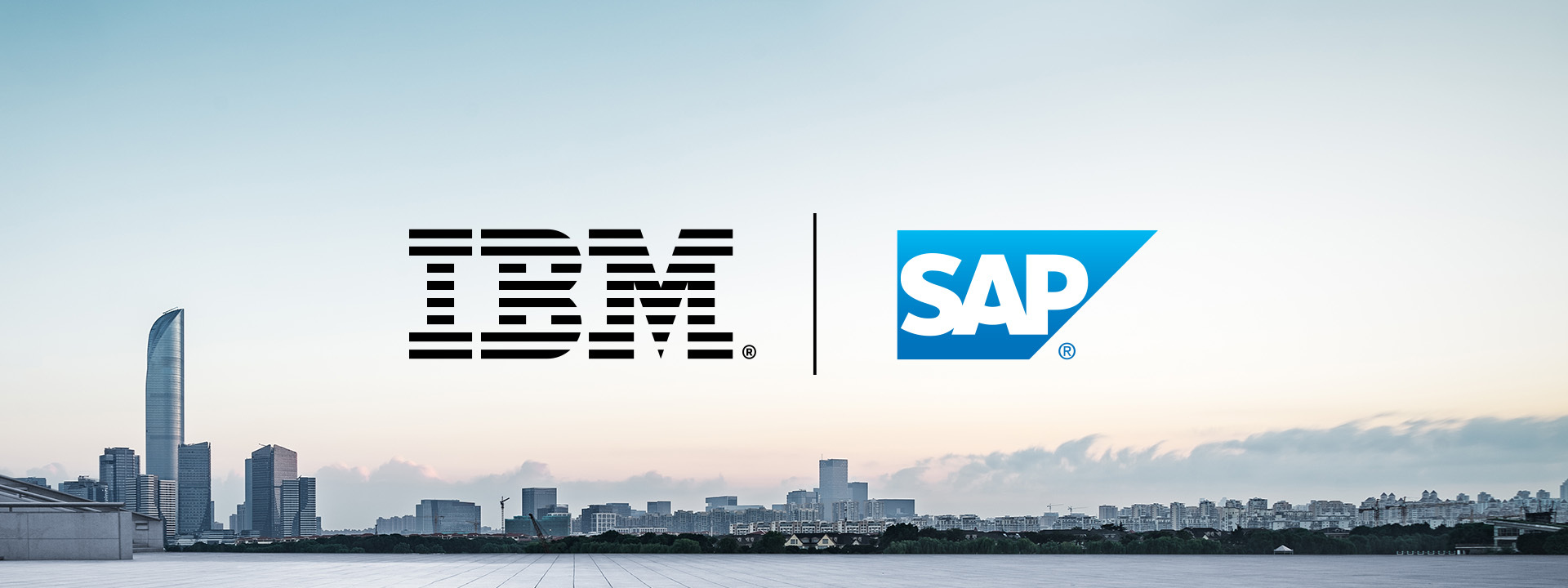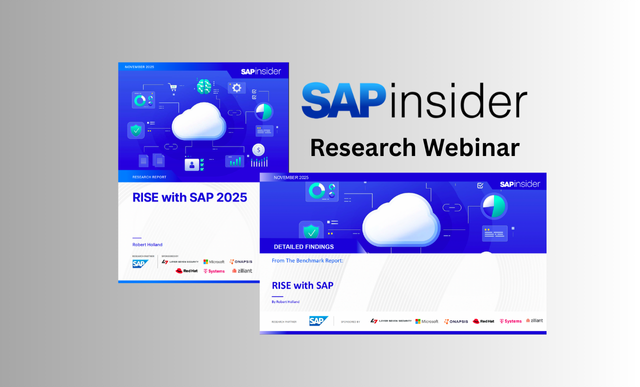Choosing the Right Implementation Route for You
Meet the Authors
Key Takeaways
Making the leap of faith to the cloud and deciding which implementation route to take presents significant challenges for SME organizations.
Whether to go for RISE with SAP versus other cloud migration services is a question that SAP users have to ask themselves before their journey begins.
In this webinar, Microsoft explains the process with industry leaders providing suggestions for the implementation decision and how to face challenges along the way.
Making the leap of faith to the cloud and deciding which implementation route to take presents significant challenges for SME organizations. Whether to go for RISE with SAP versus other cloud migration services is a question that SAP users have to ask themselves before their journey begins.
In a recent webinar, Microsoft explains this process with industry leaders providing suggestions for the implementation decision and how to face challenges along the way.
Speakers featured in the webinar – Damien Rodriguez, Director Specialist SAP GBB – Americas, Microsoft and Dennis Velazquez, Senior Director GBB – Americas, SAP on Azure Microsoft – explored the age-old debate, to choose SAP on Azure with SAP RISE or to not.
Explore related questions
When it comes to making the decision, Rodriguez said: “The key aspects to consider pertain to how soon you need to go and transition to S/4HANA. Specifically and essentially it requires a near-term mitigation for S/4HANA migration. Understanding where you wind that process is very critical.”
One consideration to take on board is that SAP uses a model for standardizing and provisioning of SAP systems on their own RISE tenant. The timeline and definition of those are defined by SAP, specifically understanding the assessment that is required, whether the decision is to go Greenfield or Brownfield or if there’s a requirement for Brownfield deployment. The RISE PCE offering does not come inclusive with third-party solutions.
According to Rodriguez, it is critical that organizations understand how tightly their system is integrated or how many third party solutions they have as an add-on and understand how that will be impacted from the transition to a RISE model. Organizations must go through a process of understanding the business requirements, the technical aspects of their SAP deployment and understanding exactly what kind of impact it will have in the system ‘to be’ while you are transitioning.
By choosing SAP RISE, organizations would have the ability to leverage Azure native services in a way that allows them to apply certain things in coordination with SAP RISE to make sure that things like Active Directory, Security and single sign-on are still part of the construct.
Most of the time, the migration of the SAP solution, the assessment services pertaining to understanding what are the requirements for the move to S/4HANA are inclusive as part of the HANA prop that SAP provides.
Rodriguez says that small and less complex systems are typically the systems for customers that Microsoft sees moving into the RISE model.
The non-SAP RISE deployment however is for organizations looking to achieve maximum flexibility with the implementation migration.
Rodriguez said: “The challenge to reduce your IP to a more simplistic aspect of the SAP core, understanding how that impacts your business operations through a fit gap analysis to understand if the core gives you everything that you need is imperative.”
For SAP users embarking on this cloud journey, whether deciding to use Azure or not, success demands a strategic understanding of how technology intersects with their unique SAP environment. This webinar, and those like it, are good stepping stones to begin understanding how to make to make the right choice for your company.





